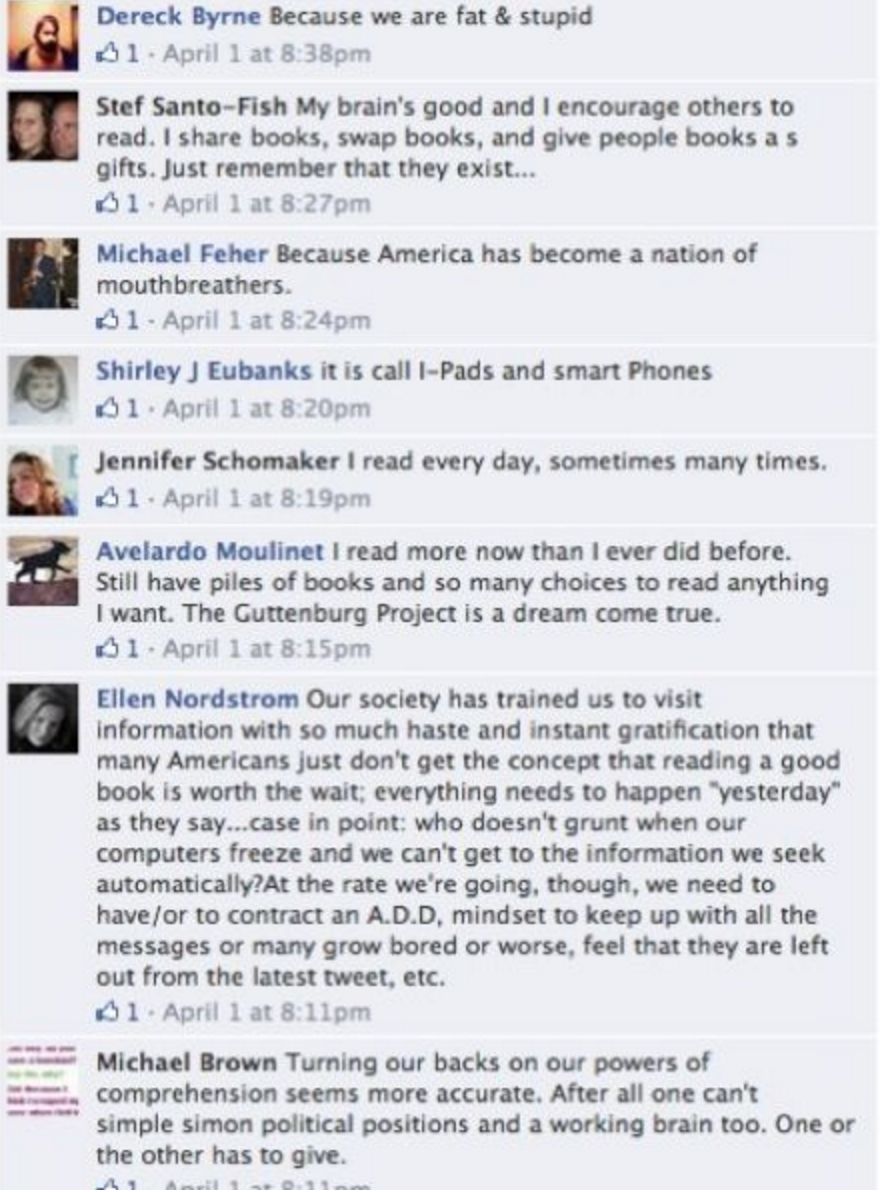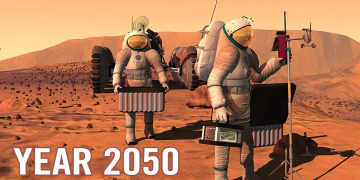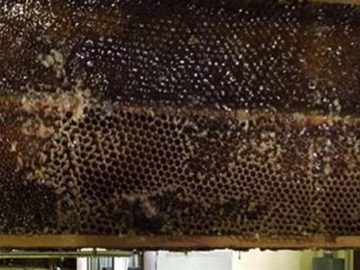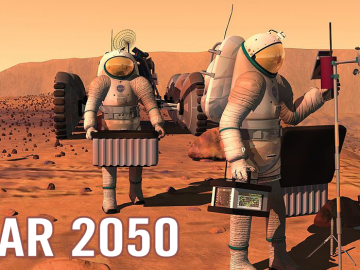We know it sounds like an amazing news, right, but we have to apologize because it has nothing to do with extraterrestrial stoners melding with Earth’s plants. Still wondering what is this about?
Well, if you have clicked and started reading the article – CONGRATULATIONS! Congrats on being a part of the 41 percent. But, if you have shared the article without even clicking on it – you still belong to the rest of those 59 percent of the population.
We all realize, perhaps fundamentally, that the nature of modern online interactions is a bit superficial. We have all been guilty of sharing an article we haven’t actually read or at least not all the way through, but few of us have attempted to quantify or consider the ramifications of this effect.
The above mentioned percentage 59/41 is actually the result shown by a recent study that was conveyed. 59 percent of all links shared on social networks aren’t actually clicked on at all, implying the majority of article shares aren’t based on actual reading. People are sharing articles without ever getting past the headlines.
So why is this case? Isn’t the body of an article supposed to be the most important part? What does this mean for content marketers? And what does this mean for our society?
Ok, so since you have already started reading, you are probably interested in this research that looked into the clicking and sharing behaviors of social media users reading content (or not) and then sharing it on social media.

What we have noticed so far is that a great number of our followers will happily like, share and offer an opinion on an article – and all that without ever reading the article. However, we are not the only ones to notice this. Last April, NPR shared an article on their Facebook page which asked “Why doesn’t America read anymore?”. Funny story is – there was not an article! They just wanted to see if their followers would weigh in with an opinion without clicking the link, and guess what – they weren’t disappointed.
A group of computer scientists at Columbia University and the French National Institute looked into a dataset of over 2.8 million online news articles that were shared via Twitter. The study found that up to 59 percent of links shared on Twitter have never actually been clicked by that person’s followers, suggesting that social media users are more into sharing content than actually clicking on and reading it.
“People are more willing to share an article than read it,” the study’s co-author Arnaud Legout said in a statement, Washington Post reports.
“This is typical of modern information consumption. People form an opinion based on a summary, or a summary of summaries, without making the effort to go deeper.”
This study looks into the psychology behind what makes people want to share content. Research conducted by The New York Times Customer Insight Group looked into what motivates people to share information. Just under half of the people asked in the survey answered they share information on social media to inform people and to “enrich” those around them. Conversely, they found 68 percent share to reinforce and project a certain image of themselves – in a sense, to “define” themselves.
In the words of one participant from the study: “I try to share only information that will reinforce the image I’d like to present: thoughtful, reasoned, kind, interested and passionate about certain things.”
Sharing an article is supposed to take place after a user has already clicked the link, read the article, and found it to be interesting or valuable. However, there are two dimensions of online human behavior that make this difficult.

The first is a factor of attention span; attention spans are at an all-time low, and most users make snap decisions about articles based on their first impressions, which happen to be headlines.
The second is a factor of effort. It takes considerably less time and effort to share an article than it does to actually read it. It also comes with greater rewards; sharing an article is likely to earn you attention from friends and social media followers, or demonstrate that you’ve read the article, whereas actually reading it doesn’t earn you anything extrinsic.
The question that raises is – is online media is just a massive “echo chamber”, where all of us just like pages and viewpoints that reinforce our own beliefs and are not really interested in information for the sake of information? Of course, as a user of online media, you are probably quite aware of this.
Take a look at any comment on social media pages, including those, of course, on the IFLScience Facebook page. It’s particularly noticeable on the more “emotive” and controversial of subjects; think climate change, GMOs, vaccinations, aliens, and a lot of our articles on marijuana, where the top comments often repeat or question something that is fairly explicitly in the article, but not the headline.
Just this week, our article about capuchins monkeys entering the stone age was met with many of the top comments on the Facebook post pointing out they’ve done this for hundreds of years, despite that being the first thing the article said if you read it. Although from our analytics it’s impossible to see which users did not click through to the article yet shared it, there is fairly often a slightly fine discrepancy between shares and page views which doesn’t quite add up, especially on those buzz subjects.
The actual article you are reading (if you are) was published as a part of an experiment. The article, as of now, has over 141,000 shares, and it isn’t about marijuana or alien DNA at all – it’s an experiment to see how many shares it could attract with an outrageous headline alone.
This is a perfect demonstration of the power of a written word, headline in the modern era. Since users aren’t paying as much attention to internal content, the strength and popularity of a piece sometimes comes down to the strength of its headline. Headlines, however are one of the most powerful contributors to performance.




































Connect with us